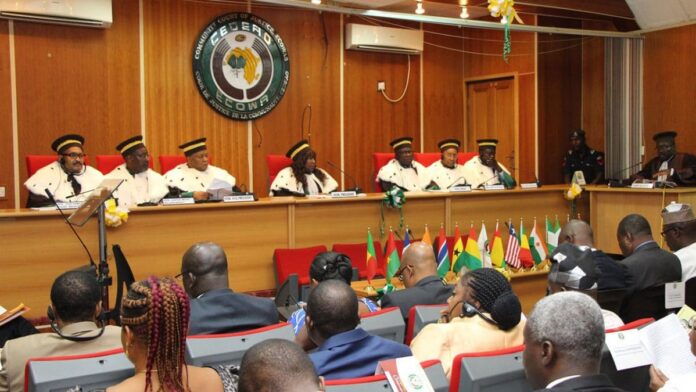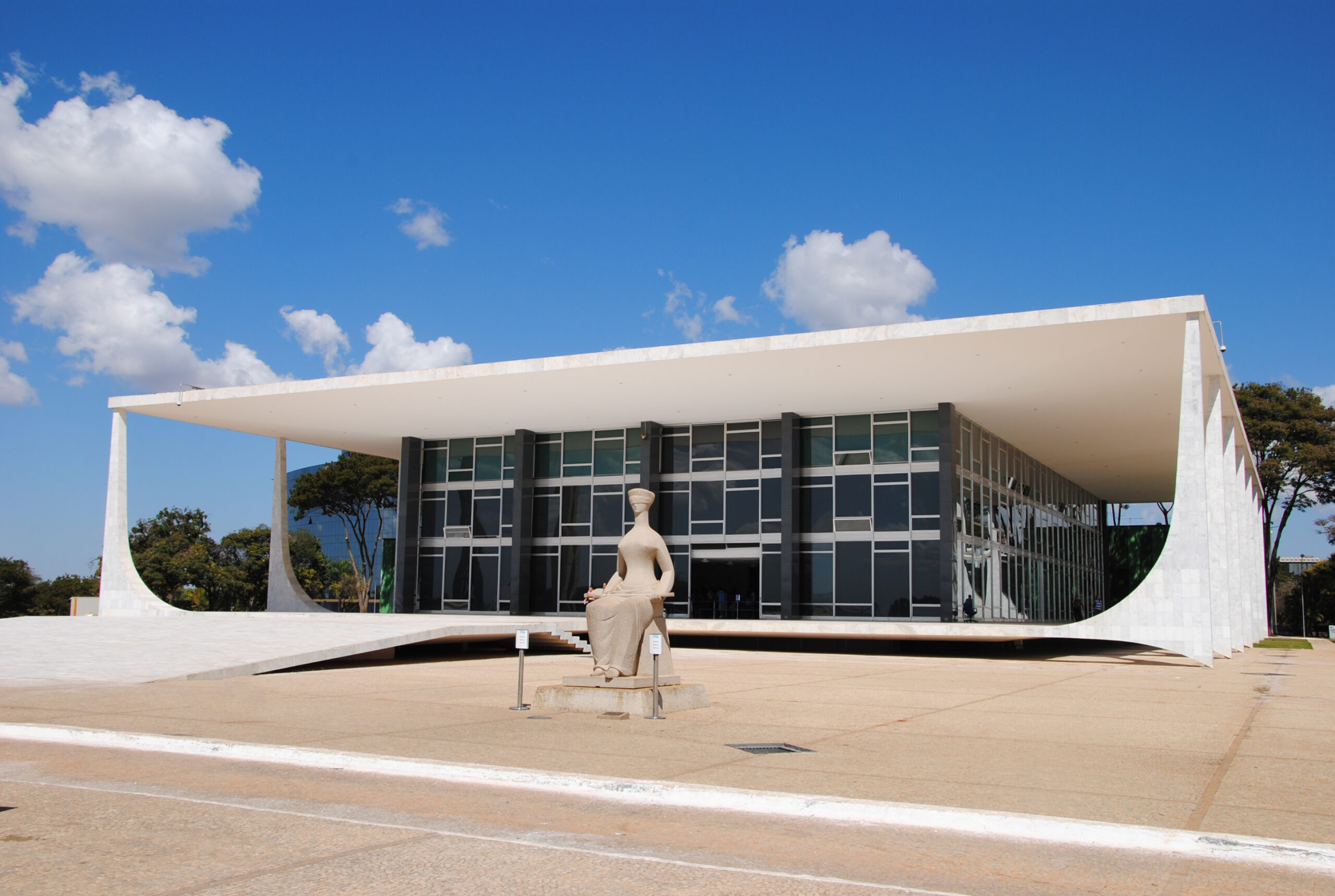Are laws criminalising the dissemination of false news contrary to freedom of expression?
The Court of Justice of the Economic Community of West African States ruled that criminal laws in the Republic of The Gambia that criminalise sedition, defamation, libel, slander and false news violate the right to freedom of expression. Here are the reasons why.
Regulation of the offences of sedition, defamation, libel and false news in the Gambian Law.
The provisions challenged were sections 51, 52, 52A, 59, 178, 180, 181 and 181A of the Criminal Code and the amendment of section 173A of the Information and Communications Act 2013. The Court paid particular attention to the provisions establishing the offences of sedition, defamation, libel and false news (sections 51, 52, 159, 179, 180).
The wording of the conduct criminalised by the law was considered inaccurate by the Court. As a result, this gave rise to different interpretations of the application of these offences. Subsequently, there was censorship of publications. The Court then considered that the criminalisation of defamation, insult or sedition were serious forms of violation of freedom of expression. In that vein, the Court found that it appeared that the purpose of these laws was to restrict access to public information.
Standard on restrictions on freedom of expression.
The Regional Court proceeded to analyse international standards on restrictions on freedom of expression. In particular, the Court emphasised that limitations on freedom of speech must be drafted in the strictest terms so that communicators can discern between the legality and illegality of their speech and actions.
Broad or vague restrictions, meanwhile, have a chilling effect on freedom of expression by forcing interlocutors to self-censor so as not to risk breaking the law. In analysing whether the rules violated human rights enshrined in international treaties to which the Gambian state is a party, the Court considered various comparative law precedents (US, India, UK, Zimbabwe) from the Universal Human Rights System (UN) and Regional Human Rights Systems.
Incompatibility of the Gambian criminal laws with international human rights standards on freedom of expression.
Consequently, the African Regional Court concluded that the Gambian criminal laws do not ensure freedom of expression under the African Charter on Human Rights and the International Covenant on Civil and Political Rights. The Court did so, in principle, because it argued that the wording of the rules was vague and ambiguous in defining the mens rea of sedition (intent), which prevented it from clearly defining what conduct was deemed to constitute the offence of sedition.
The African Court therefore concluded that the imposition of criminal penalties for sedition, defamation, libel, slander and false news had a chilling effect that violated the right to freedom of expression. Thus, the court found that the application of these laws resulted in a continuing violation of internationally protected rights.
Therefore, the Regional Court ruled that the criminal sanctions complained of were disproportionate and unnecessary in a democratic society that protects freedom of speech under international human rights treaties. Meanwhile, the impugned laws placed an undue burden on those exercising their right to freedom of expression, which is protected under the African Charter and the International Covenant on Civil and Political Rights.
Court ruling to decriminalise conduct.
Accordingly, the Court of Justice of the Economic Community of West African States ruled that the Gambian laws in question violated Article 9 of the African Charter on Human and Peoples’ Rights, Article 19 of the International Covenant on Civil and Political Rights and Article 19 of the Universal Declaration of Human Rights.
The court therefore ordered the state to review and decriminalise these offences to bring them in line with international standards of freedom of expression.
Find out more about the law around the world
References
Judgement ECW/CCJ/JUD/04/18, 13 February 2018, ECOWAS Court of Justice






